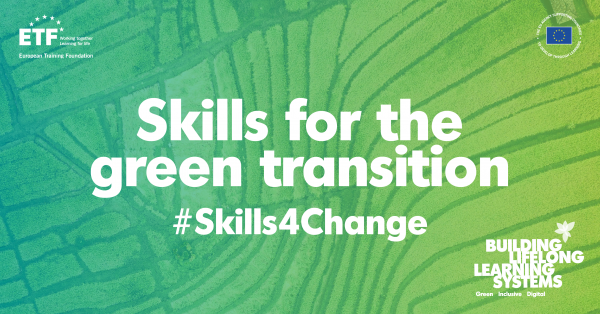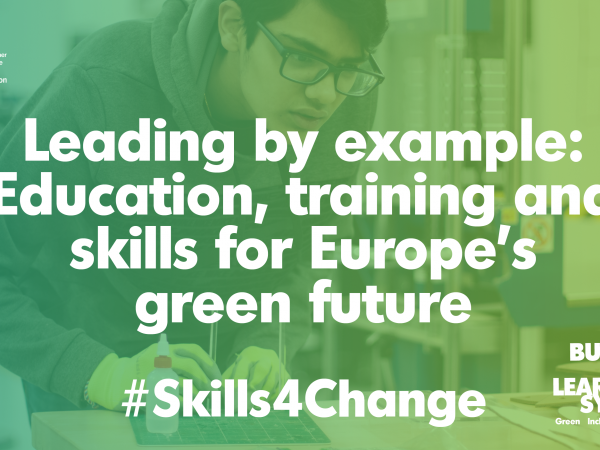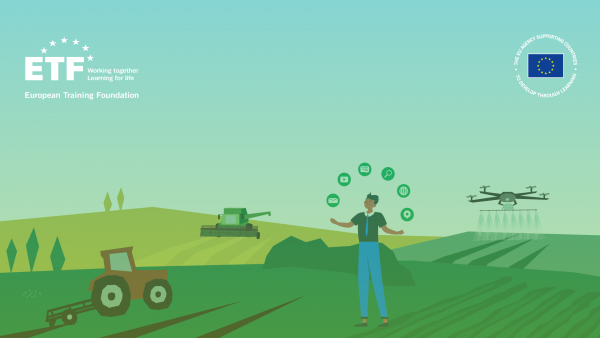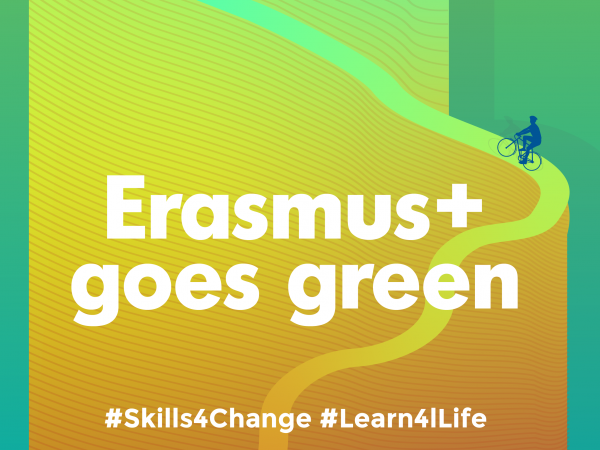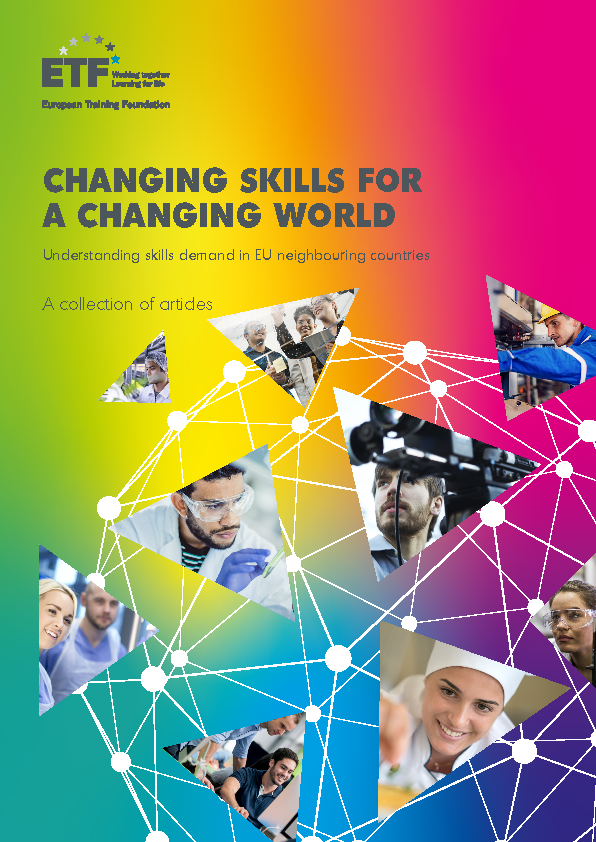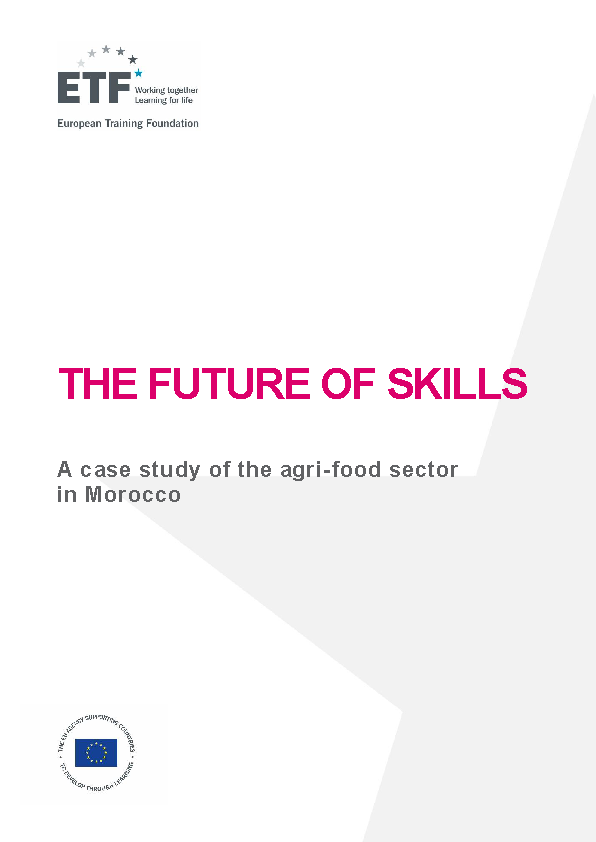
Skills for the green transition
Climate change, environmental degradation and loss of biodiversity caused by human activity are among the biggest global challenges of the 21st century. The COVID-19 crisis has accelerated the process. In common with other countries around the world, the European Union has decided to seize this opportunity to make environmental sustainability an integral part of its post-COVID recovery plan building on the EU Green Deal. The drive towards clean, carbon neutral, circular economies and societies also shapes EU external assistance to the countries of the neighbourhood.
The green transition accentuates the need for education and training systems to transition towards lifelong learning. Some jobs will disappear and others will be created – not necessarily in the same sectors or the same geographical locations – and many more will be transformed. Environmental awareness will become a requirement of all jobs, and indeed an aspect of 21st century citizenship. New mindsets and new skills will be needed not only for people entering the labour market, but people of all ages and stages in life. This requires close interaction between education and training systems and their environments to build skills ecosystems in which skills development goes hand in hand with economic, technological and social change.
International conference
These issues were discussed at a major international conference entitled “Building lifelong learning systems: skills for green and inclusive societies in the digital era” held online on 21-25 June 2021. Organised by the ETF and UNESCO with the collaboration of UNICEF, the conference focused on how education and training systems can adapt to the challenges of global change and green and digital futures and guarantee the right to education for all.
